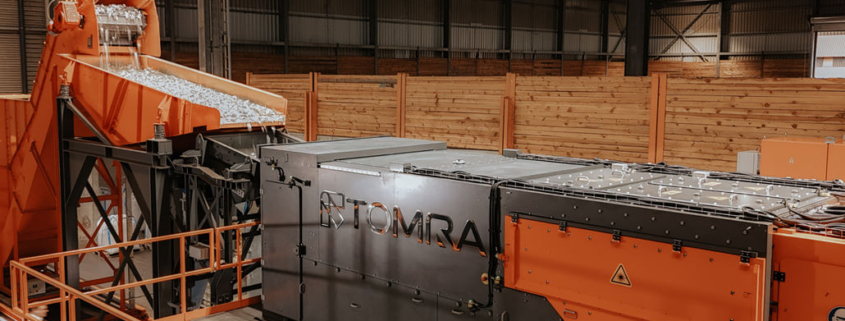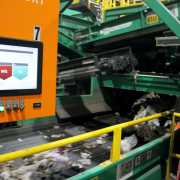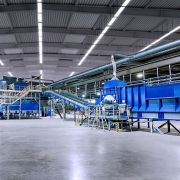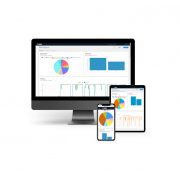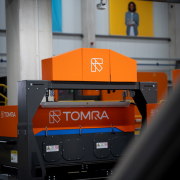German Aluminum Alloy Sorting Project
Tomra Recycling and Gerhard Lang Recycling collaborate in KANAL, a pioneering aluminum alloy sorting project.
As reported by Tomra Recycling Sorting, Gerhard Lang Recycling GmbH was one of the first companies globally to implement the manufacturer’s
AUTOSORT PULSE system for the precision sorting of aluminum alloy stamping scrap generated from automotive production in early 2024. The German metal recycling company has installed the unit at its metals sorting plant in southwestern Germany as part of the research project KANAL funded by the German Federal Ministry for Economic Affairs and Climate Action with 3.9 million Euro.
The project title KANAL stands for “Kreislaufsystem für funktionales Aluminium-Neuschrottrecycling aus der Automobilproduktion mittels LIPS,” which translates to “Circular System for Functional Aluminum Scrap Recycling from Automotive Production Using LIBS.” Tomra, Gerhard Lang Recycling GmbH, Pforzheim University of Applied Sciences, and engineers from Jeanvré have teamed up for the project to prove that aluminum production scrap can be effectively sorted and transformed into high-quality secondary aluminum. The consortium uses Tomra’s dynamic laser-induced plasma spectroscopy (Dynamic LIBS) technology. Gerhard Lang Recycling GmbH is a research and field validation partner in this pioneering project.
Sorting of 5xxx and 6xxx aluminum wrought alloys
The plant’s infeed material consists of stamping scrap – the excess metal material that is removed during the metal stamping process – generated during the production of car parts and panels. While highly efficient, the stamping process inevitably generates significant amounts of scrap, with an estimated 30-50 percent of the material being discarded. “The aluminum scrap comprises a mixture of 5xxx (high-magnesium) and 6xxx (low-magnesium) aluminum wrought alloys that are employed in different components within automotive production,” the information said.
Upon arrival at Gerhard Lang Recycling GmbH’s metals sorting plant in Gaggenau, the material is shredded before undergoing a multi-stage magnetic separation process to remove the ferrous metals. In the next step, the non-ferrous material is fed into the AUTOSORT PULSE. As underlined, before the installation of this machine, the recycler’s team sold the mixed material to aluminum manufacturers immediately after the shredding process for there was no efficient solution on the market to separate the high- and low-magnesium aluminum alloys. With the system now in place, these alloys are sorted into different products, allowing the company “to produce exceptionally high purity 5xxx and 6xxx aluminum scrap”.
Advanced dynamic laser detection
Due to the separation process, based on the precise analysis of the elemental composition of each material and highly advanced dynamic laser detection, AUTOSORT PULSE can distinguish between alloys, Tomra gave account. Additionally, object singulation would allow the machine to “accurately identify and separate even overlapping and adjacent materials, maximizing yield and efficiency in the sorting process. Its 3D object-scanning feature recognizes the shape, height, and position of the object and identifies the ideal shooting point for the Dynamic LIBS laser.” This laser would offer two focus modes: multi-point, where the laser shoots in a line across the sample, and single-point where the laser drills down into a specific spot. The latter, developed by Tomra, had demonstrated superior performance in tests. Furthermore, the sorting unit has the ability “to minimize contamination and subsequently enhance the value and marketability of the recycled materials”.
tomra.com, lang-recycling.de, jeanvre.de, hs-pforzheim.de
(Published in GLOBAL RECYCLING Magazine 2/2025, Page 42, Photo: Tomra)

